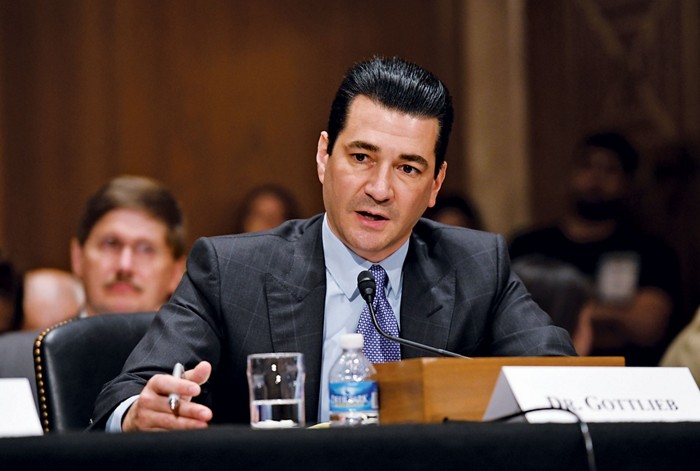
Dr. Scott Gottlieb on Finding Cures for Rare Diseases
Former FDA Commissioner Dr. Scott Gottlieb joins ‘Squawk Box’ to discuss the ongoing research and efforts at the FDA to find cures for rare diseases.…
Thought Leader: Scott Gottlieb

By Scott Gottlieb (Original source WSG)
“Victoria Gray of Mississippi recently became the first U.S. patient with a genetic disorder to be treated using the Crispr gene-editing technique. Doctors used a novel drug to overwrite the function of a faulty gene that gave rise to her sickle-cell disease. Advances in life science can define this century, but policy makers must resist the urge to adopt policies that impose price controls and punish drugmakers for taking risks.
The convergence of information technology and biology allows scientists to translate the human genome into digital data that can accelerate diagnoses and cures. Over the next decade, it is a near certainty that we will have gene-therapy cures for deadly inherited disorders such as muscular dystrophy. Cell-based and regenerative medicine can restore human functions lost to disease, including returning some sight to the blind. Gene editing will be used to alter DNA to erase the origins of a range of debilitating inherited disorders.”
CLick here to see more
Dr. Scott Gottlieb on Finding Cures for Rare Diseases
Former FDA Commissioner Dr. Scott Gottlieb joins ‘Squawk Box’ to discuss the ongoing research and efforts at the FDA to find cures for rare diseases.…
Thought Leader: Scott Gottlieb
Peter Zeihan: U.S. Navy Seizes Russian Tanker
The US Navy just seized a shadow fleet tanker that managed to slip past the naval quarantine around Venezuela. The tanker reflagged as Russian while…
Thought Leader: Peter Zeihan
Erika Ayers Badan: Surviving Company Failure
In this episode of WORK: Unsolicited Advice, Erika talks through what it really looks like to come out of the worst month of your career…
Thought Leader: Erika Ayers Badan

